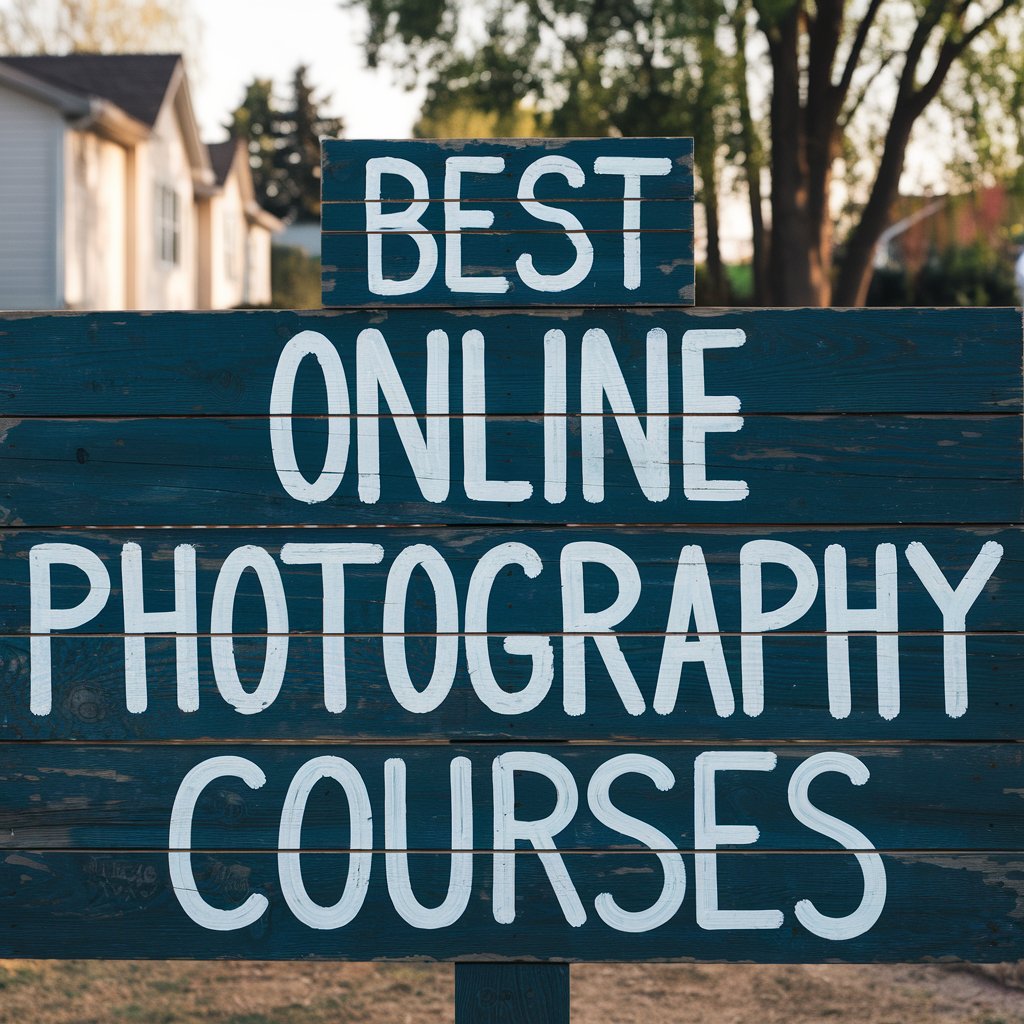In an era where digital learning is more accessible than ever, finding the right course to enhance your photography skills can be daunting. With so many options available, it’s crucial to identify the factors that will help you make the best choice. But how do you navigate this vast sea of online education to find the perfect fit for your creative journey?
Understanding Your Goals and Skill Level
The first step in selecting online photography courses is understanding where you stand and where you want to go. Are you a complete novice eager to learn the basics, or do you have some experience and wish to specialise in a particular area? Defining your goals will streamline your search.
A course that covers fundamental aspects like camera settings, exposure, and composition might be ideal for beginners. On the other hand, more advanced learners should look for specialised topics such as portrait lighting, landscape photography, or post-processing techniques.
Evaluating Content and Structure
Not all online learning options are created equal, and the material they cover can vary significantly. It’s essential to review the curriculum before committing to a program. Look for detailed descriptions of the modules and assignments. Does it offer comprehensive coverage of topics that interest you? Are there practical exercises that allow you to apply what you’ve learned?
Additionally, consider how the learning is structured. Some programs follow a strict timeline, requiring students to complete lessons within a specific timeframe. Others offer more flexibility, allowing you to learn at your own pace. If you have a busy schedule, a self-paced option might be the better choice, providing the freedom to study whenever it’s convenient. Flexibility can significantly affect how much you enjoy and benefit from the experience.
Assessing Instructor Expertise and Support
The quality of an online course often hinges on the expertise of the instructors. It’s worth taking the time to research who will be teaching. Experienced professionals with a strong background in the industry can offer insights that go beyond the basics. Seek out programs led by experts with technical expertise and a strong track record. Feedback and reviews from former students can offer useful information about the instructor’s teaching methods and effectiveness.
Another important aspect is the level of support offered during your studies. Will you have access to the instructor for questions and feedback? Are there forums or communities where you can connect with other students? Engaging in a supportive learning environment can significantly improve your educational journey, making tackling challenges and maintaining motivation easier.
Considering Accreditation and Certification
While only sometimes necessary, accreditation can add significant value, especially if you plan to pursue photography professionally. Accredited programs often adhere to higher standards and provide a structured curriculum that industry professionals recognise. Completing an accredited program can also give you a competitive edge, as it adds credibility to your portfolio.
Also, check if the course provides a certification upon finishing. A certificate can be tangible proof of your skills and dedication, which can be beneficial when seeking clients or employment in the photography industry. While certification shouldn’t be the sole deciding factor, it’s essential for those looking to build a professional career.
Weighing the Cost Against Value
Cost is a crucial factor for many when choosing an online learning option. Prices can range widely, from free resources to premium programs that require a significant investment. Although opting for the least expensive choice may be appealing, evaluating the value you receive in return is important. A higher price tag doesn’t always guarantee quality, but you often get what you pay for.
Evaluate what’s included in the fee. Does it offer lifetime access to materials? Are there additional resources like eBooks, video tutorials, or software discounts? Investing in a course that provides comprehensive content, expert instruction, and valuable resources can be more cost-effective in the long run. Remember, the right learning path should be seen as an investment in your future, offering skills and knowledge that can pay dividends.
Reading Reviews and Testimonials
Lastly, make sure to review feedback and testimonials from other students. Insights from those who have finished the program can offer a clear understanding of what to anticipate. Look for comments on the overall quality, ease of understanding, and support. Be wary of options with consistently negative feedback, as this could be a red flag.
Choosing online photography courses for your creative journey involves carefully considering several factors. Remember, the right course can be a transformative experience, providing the skills and knowledge needed to take your photography to the next level. So take the time to research and choose wisely, as the investment you make in your education today will shape your creative future.






